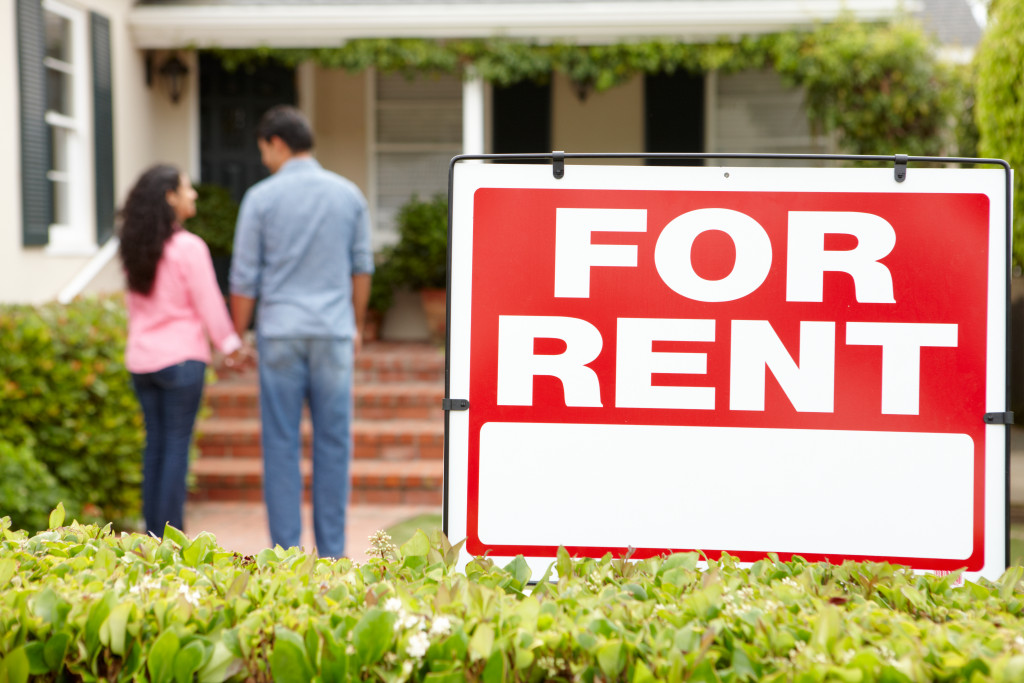We often hear about real estate being one of the best investments you can ever make. Buying a property allows you to build your equity and enjoy tax breaks and tax deductions. This is one asset that is hard to reproduce and often appreciates.
When buying a property, you try everything to ensure a seamless buying experience. You work with a reliable realtor so that you can finally your ideal home. Once you find a suitable home, all that’s left is to make an offer and sign the papers.
But then, not everything will always go according to your plan. Many homebuyers find themselves wanting or needing to relocate somewhere else because of work or personal reasons. In the end, they wind up letting go of their property by selling to make a new home purchase elsewhere.
But what if there is an alternative solution that will allow you to keep your property and still be able to move to your next location? What do you think about renting out your property so you can live where you want to live next? This is what rentvesting is all about.
Defining Rentvesting: Your Alternative to Selling
Some homeowners need to move to another city or state. But then buying a house somewhere else can be tedious and not to mention a costly task. Some are also afraid to let go of their properties in fear of saying goodbye to a home’s financial security.
For those who wish to hold on to their property while renting in another city, why not consider rentvesting instead? Many homeowners become a rentvestor by accident. This is since they did not plan to be landlords and be tenants in another city at the same time.

The Pros and Cons of Being a Rentvestor
Rentvesting is not for everyone. Like other investment types, it has its own perks and drawbacks. To understand if this investing alternative is for you, here are some pros of rentvesting.
- Your property won’t limit you where you can live.
- Enjoy tax claims for certain expenses you pay for in your property.
- Use the rental income you collect from your own property to finance your mortgage, pay for your rent, or as additional funds for other expenses.
- Enjoy property capital gains as it increases in value.
As for the cons, here are some points worth considering.
- You will have to shoulder your own rental fee and other expenses associated with being a landlord and homeownership.
- Selling the property will require you to pay tax on capital gains.
- You won’t qualify for a first-time homeowners grant.
- There will be less security for your own property.
Should You Buy a House to Rentvest or Live In?
Buying a house requires lots of thinking and decision-making. Since location is one thing that will be very hard to change after buying a property, you need to make sure you know where you want to live before buying. Remember that not everyone is cut out for reinvesting.
Rentvesting can be a worthy investment if you want the security that homeownership brings without actually sacrificing your lifestyle. Most people get stuck in a location that does not fit their desired lifestyle. By becoming a rentvestor, you can enjoy better flexibility, knowing you will still own property while living somewhere else.
However, this investment alternative is not for you if you are not interested in keeping your property. You may not feel like becoming a landlord, and renting your home to someone else is not what you are ready to do. Rentvesting is also not for you if you don’t want to think about homeownership duties while you’re away living in a different city.
Rentvesting Pointers to Know
If you have plans to try rentvesting, it pays to consider these two tips:
-
Know your reasons
Why are you interested in rentvesting in the first place? Like any real estate investment, you should have a plan to hold on to the property for at least five years. Know that such an investment type works best if you consider it as a long-term asset.
-
Crunch your numbers
It is not enough that you know you can afford to buy a property. Know that you are no longer eligible for first-time homebuyer grants and loan programs. Unless you already own the house and you decide to rent somewhere else while keeping the property, you will shoulder more expenses when buying the real estate.
Rentvesting may not be for everybody. But it can be the best strategy you can take so you can continue living your dream lifestyle without letting go of homeownership. Before you finalize your decision, consider this guide, your long-term goals, and your current financial situation.





